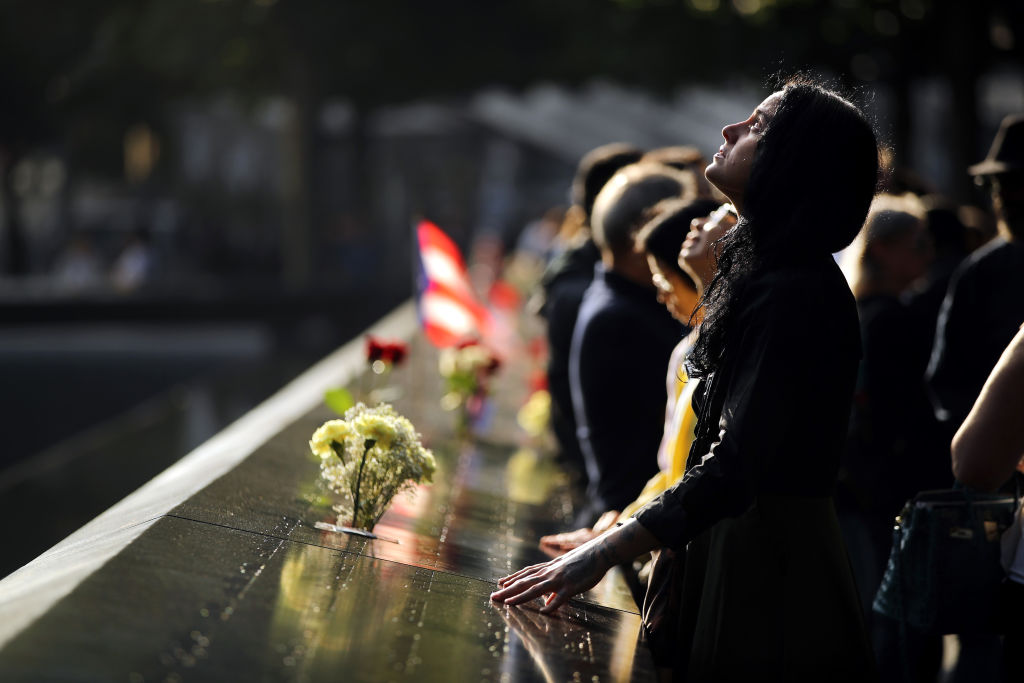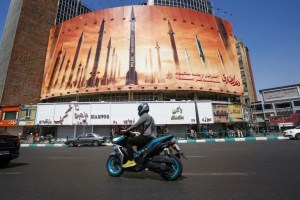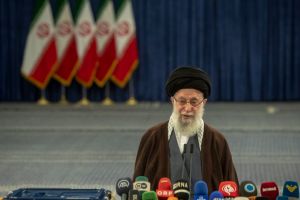Eighteen years ago, I was only a child. My first indication that something bad had happened on September 11, 2001 was that a birthday party my whole class had been slated to attend was canceled. Instead of heading to a celebration, I waited with the rest of my classmates for our parents to come and take us home. Except my mother didn’t take me home. We went straight to the supermarket. I remember watching, mouth agape, as my mother piled what seemed like hundreds of boxes of spaghetti, cases of water, and canned goods into the wagon. None of us knew what would come next, and she wanted to be prepared.
That commitment to preparation came from fear. A fear that was rational and justified, and which grew out of a realistic sense that the sands had shifted. We were at war. Across the ocean, my cousins in Jerusalem had been living under the threat of terror for some time. The Second Intifada had already taken many lives, and instilled fear in the heart of regular Israelis who were not sure if their cafe, club or bar would be the next target. Israelis, whether on the right or the left, are clear-headed about the threats they face. They may disagree about the best solutions, but there is no serious debate as to whether or not the country is under threat.
Eighteen years later, Americans are less clear-headed than our Israeli allies. We are often blind to the extent to which we are still a target. It’s no longer a given that it’s war, that it’s ‘us and them’, that the battle lines have been drawn clearly in the sand — that it’s the West against those who seek to destroy it, and smother a liberal world order with their illiberal goals. Our domestic politicization has become toxic. We have allowed our best qualities — our optimism, our confidence in democracy and liberalism, our belief in our own ability to solve the world’s problems — to beguile us into believing that we are safe.
We are a nation laser-focused on the question of police brutality, but we so rarely stop to thank and glorify the servicemen and women who risk their lives for us every moment of every day. We are a nation immensely concerned with the rights of minority groups and the slights — both real and perceived — that they endure, but we never pause to think about how illiberal our society would look if the Islamists who attacked us 18 years ago had won. We are a nation obsessed with diversity and equality in their most minute and superficial aspects, but we rarely acknowledge that it is those values that our army fights for every single day.
Eighteen years is a blink of the eye. For so much of the country, and especially, for so many in New York and D.C., the wounds are still fresh, the memories still raw. And yet, increasingly, we are betraying our utter lack of clarity about what happened, and why. My former Business Insider colleague John Haltiwanger tweeted that ‘any reflection on 9/11 that does not involve a critical look at the death, terror, torture, and destruction perpetrated by the US government following the attacks is profoundly incomplete and a disservice to those who died on that day.’.I couldn’t disagree more.
Nor would I presume to speak for those that made the ultimate sacrifice, whether they chose to or not. But if I were forced to presume to speak for them, I would hazard a guess that most of them would not wish to have their memories sullied by the besmirching of actions taken by the US in the hopes of preventing another attack — action taken, lest we forget, with the overwhelming support of the Congress and the public.
The most reprehensible comment of the day, perhaps inevitably, goes to the New York Times. The paper of record published an article which, in its opening paragraph, said ‘18 years have passed since airplanes took aim and brought down at the World Trade Center’. It wasn’t airplanes that took aim at the towers, and it wasn’t airplanes that sought to destroy our liberal world order. The Times and its fleet of reporters knows this, but is sometimes — and apparently today, 18 years to the day since the attacks — reluctant to say so, because it would then need to name our true enemies. We cannot forget who they are and what they’ve done, any less than we must remember who we are and what we must do to protect our way of life.
Daniella Greenbaum Davis is a Spectator columnist and senior contributor to the Federalist.



















